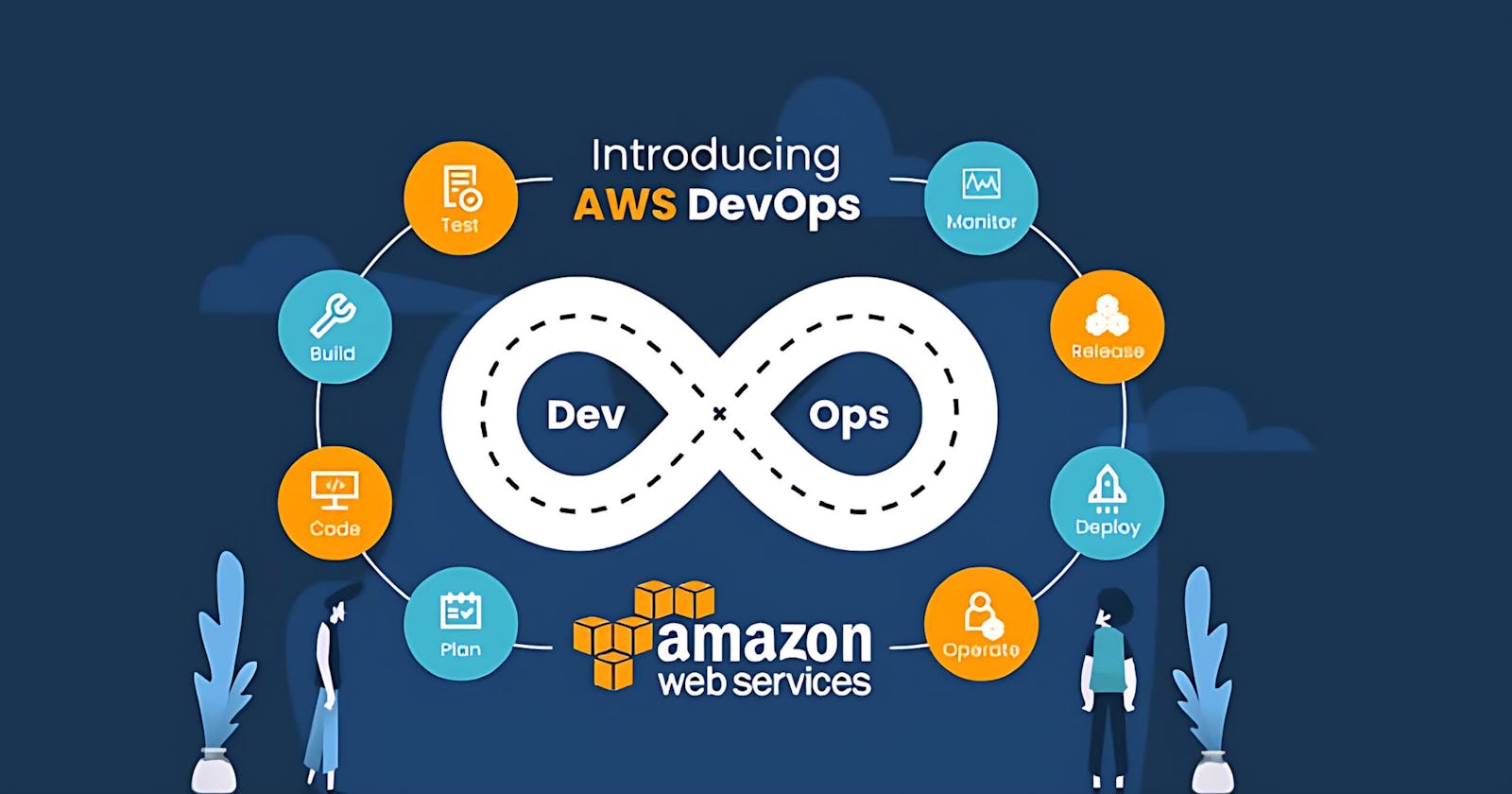In the dynamic realm of cloud computing, Amazon Web Services (AWS) stands tall, offering a robust platform for businesses to create and deploy applications with unparalleled ease and scalability. Alongside the surge of cloud services, the concept of DevOps has emerged as a pivotal methodology, fostering collaboration between development and operations teams, refining processes, and expediting software delivery. For AWS engineers keen on harnessing DevOps within the AWS framework, mastering AWS DevOps course is not just advantageous but essential.
Grasping the Essence of AWS DevOps
AWS DevOps intertwines AWS cloud services with DevOps practices, aiming to automate infrastructure deployment, streamline code deployment, and boost operational efficiency. By leveraging AWS tools such as AWS CodePipeline, AWS CodeDeploy, and AWS CloudFormation, engineers can automate deployment pipelines, enabling seamless continuous integration and continuous delivery (CI/CD) workflows.
The Significance of AWS DevOps
AWS holds a prominent position in the cloud computing sphere, boasting a vast array of services tailored to diverse business needs. Integrating DevOps practices with AWS empowers engineers to leverage cloud scalability, flexibility, and reliability fully. This integration facilitates quicker application deployment, faster iterations, and swift responses to market demands.
Navigating the Path to Mastering AWS DevOps
1. Foundational Understanding of AWS:
Begin by solidifying your grasp of core AWS services like EC2, S3, RDS, and VPC. These services serve as the bedrock upon which DevOps practices are built.
2. Embracing DevOps Methodologies:
Familiarize yourself with DevOps principles, encompassing continuous integration, continuous delivery, infrastructure as code, and automation. Proficiency in these methodologies is vital for orchestrating efficient workflows within the AWS ecosystem.
3. Exploring AWS DevOps Tools:
Dive deep into AWS DevOps tools such as AWS CodePipeline, AWS CodeDeploy, and AWS CloudFormation. Learn to configure pipelines, automate deployments, and provision infrastructure through code. Hands-on experience with these tools is indispensable for effective DevOps implementation.
4. Mastering Containerization and Orchestration:
Gain expertise in containerization technologies like Docker and container orchestration platforms such as Amazon ECS and Kubernetes. Containers facilitate consistent deployment environments, while orchestration tools automate the management of containerized applications at scale.
5. Mastery of Monitoring and Logging:
Hone your skills in monitoring and logging using AWS CloudWatch and AWS CloudTrail. Monitoring infrastructure performance, tracking application logs, and setting up alarms are crucial for maintaining system health and promptly diagnosing issues.
6. Adopting Security Best Practices:
Understand security best practices in AWS, covering identity and access management (IAM), encryption, and network security. Implementing robust security measures is paramount to safeguarding data and infrastructure in the cloud.
FAQs
How do I prepare for DevOps AWS?
Start by building a strong foundation in AWS fundamentals.
Learn DevOps principles and methodologies.
Gain hands-on experience with AWS DevOps tools through practical exercises and online courses.
What should I learn in AWS for DevOps?
Core AWS services such as EC2, S3, RDS, and VPC.
DevOps methodologies including CI/CD, infrastructure as code, and automation.
AWS DevOps tools like AWS CodePipeline, AWS CodeDeploy, and AWS CloudFormation.
Containerization technologies and orchestration platforms.
Monitoring, logging, and security best practices in AWS.
How do I become an AWS cloud DevOps engineer?
Attain AWS certifications such as AWS Certified DevOps Engineer - Professional.
Acquire hands-on experience with AWS services and DevOps tools.
Stay abreast of the latest trends and advancements in cloud computing and DevOps practices.
Is AWS important for DevOps engineer?
Yes, AWS plays a pivotal role in contemporary DevOps practices.
Integrating AWS services with DevOps methodologies facilitates streamlined workflows, automated deployments, and scalable infrastructure.
Conclusion
Unlocking the potential of AWS DevOps is indispensable for AWS engineers striving to optimize their cloud infrastructure and foster collaboration between development and operations teams. By amalgamating the prowess of AWS with DevOps principles and practices, engineers can expedite software delivery, enhance scalability, and foster innovation in the cloud-native ecosystem. Armed with a robust understanding of AWS fundamentals, proficiency in DevOps methodologies, and hands-on experience with AWS DevOps tools, engineers can unleash the full potential of AWS DevOps and propel their careers to new heights.
